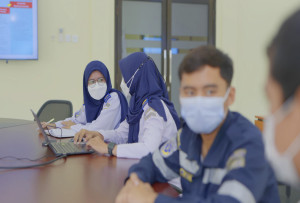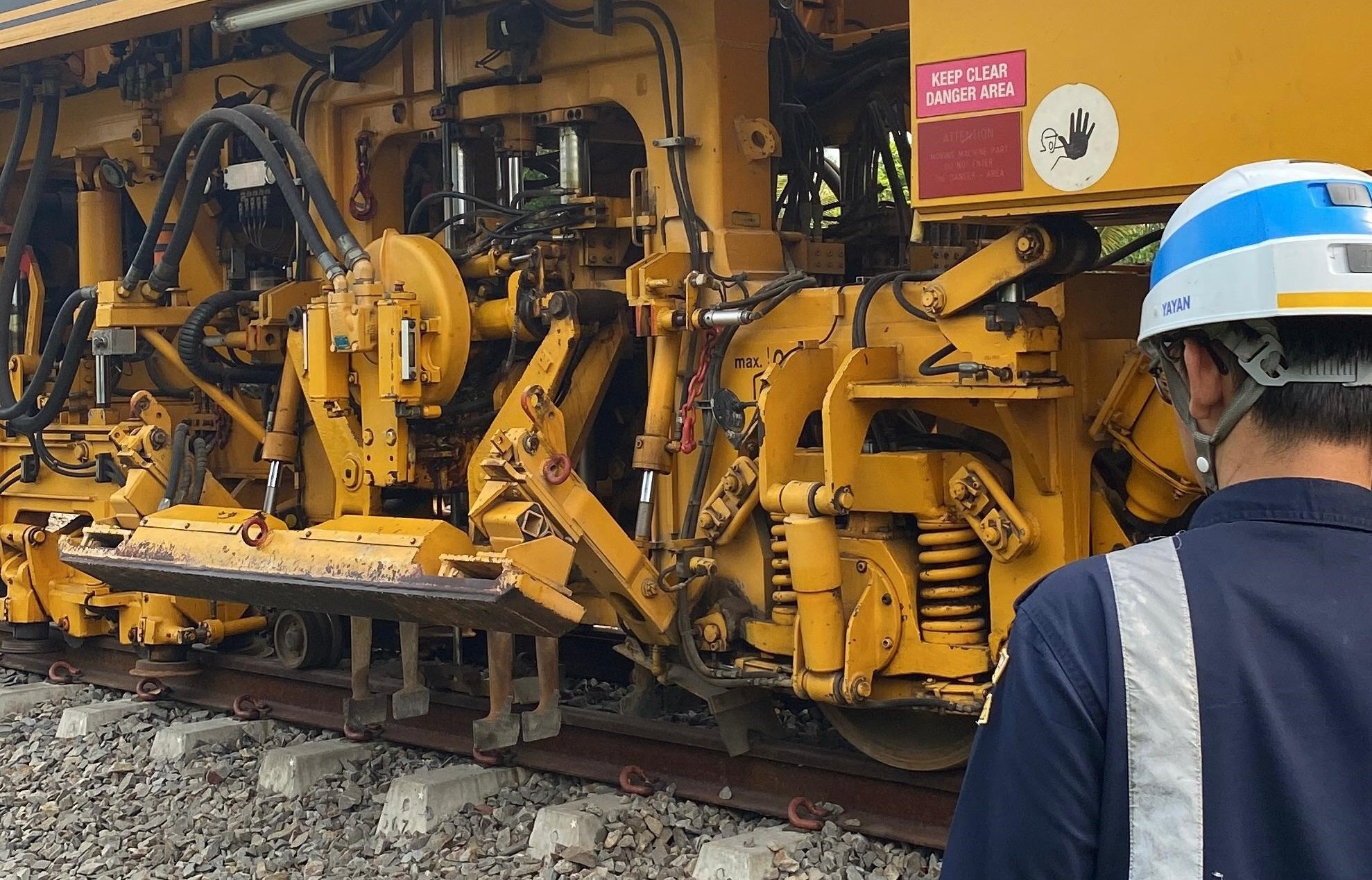Risk Awareness Culture, "The Next Level" of Risk Management Implementation

By Yosep Yogo Widhiyatmoko
Risk Awareness Culture, "The Next Level" of Risk Management Implementation
Purwodadi – Risk Management has become one of the important management concepts in the era of good governance, whether in the public sector or in the private sector.
As reviewed in the previous article, risk management is contained in PP No. 60 of 2008. The PP states that the Internal Control System is an integral process (where one of the integral processes is risk management), carried out in actions and activities that are carried out continuously. continuously by management and all employees with the aim of providing adequate assurance on the achievement of organizational goals through effective and efficient activities, reliability of financial reporting, safeguarding state assets, and compliance with laws and regulations.
The risk management framework according to PP 60/2008 comes from three risk management frameworks from the three major schools of risk management international standards namely AS/NZS 4360:2004, COSO ERM-2004 and ISO 31000:2018. When translated, it can be said that by using risk management, an organization in the context of the public sector will be able to see things that might happen, and which are categorized as having the potential to affect the organization's performance.
The Railway Maintenance Center (Baperka) has actively participated in a series of risk management implementation activities within the Directorate General of Railways, Ministry of Transportation. This was marked by a QRMO (Qualified Risk Management Officer) competency certificate which was obtained by several Baperka employees in March 2022.
Armed with these qualifications, the Baperka team has followed a series of risk management implementations, to be carried out in the internal environment of the Balai according to the directions and instructions of the Secretariat General of Railways. Moreover, the Directorate General of Railways already has a separate Technical Guideline for Implementation of Risk Management within the Directorate General of Railways, contained in the Decree of the Director General of Railways Number: HK.209/3/19/DJKA/2022.
The Railway Care Center plays an active role in the coordination agenda with the risk management forum within the Directorate General of Railways. Supervision, especially in terms of fostering the implementation of SPIP and implementation of risk management for 2023, is divided into two focuses, namely strengthening internal conditions and improving external strategies.
Internally, the risk management team, including Baperka, has proactively made improvements, among others by increasing HR competencies, updating guidelines and methodologies, managing data and information, and optimizing the use of information technology. These improvements are expected to improve the quality of internal business processes, communication and synergy between institutions as well as institutional strengthening within the Directorate General of Railways.
Externally, the risk management forum continues to encourage improvement in a number of ways, including continuing to educate the public through public relations and social media, and building management leadership awareness in each work unit.
In addition, external communication strategies can be carried out, among others, through the implementation of risk analysis in accordance with regulations and policies in the field of risk management, which can encourage increased awareness, commitment and self-ownership of work unit heads regarding the implementation of SPIP implementation and the application of risk management of the program. and work activities according to their respective duties and responsibilities.
It is hoped that by completing step by step the process of implementing risk management within the Directorate General of Railways, in the future it will not only stop at institutionalizing risk management, but even further, namely grounding the risk management process within the organization, by realizing what is called a risk awareness culture.
To understand risk awareness culture, there is a definition excerpt in the article Creating Risk Culture And Behavior Issue Behind It, in the Paris Review Magazine, quoting the Institute of International Finance (2009) which defines risk culture as: the set of norms and traditions of behavior of individuals and of groups within an organization, that determines the way in which they identify, understand, discuss, and act on the risks the organization encounters and the risks it takes.
Based on this definition, it is known that risk culture is related to aspects of people's behavior in facing risks. Their behavior will determine the success or failure of risk management. This is in line with Goto's hypothesis, a risk management behavior researcher who explains that people and their behavior will affect the effectiveness of risk management in organizations.
Risk culture includes how individuals behave in understanding organizational risks, how they discuss risks with their colleagues, and the level of risk that is acceptable to the organization. Risk culture also relates to the behavior carried out in certain decision-making processes based on the risks faced by the organization.
Thus risk management is said to involve all resources and individuals in the organization in an integrated risk management structure and framework. In other words, risk management is not only carried out by one individual, but all individuals have certain duties and responsibilities in managing risks that exist in these government agencies. (yogo)



.jpg)

Komentar
LOGIN FOR COMMENT Sign in with Google